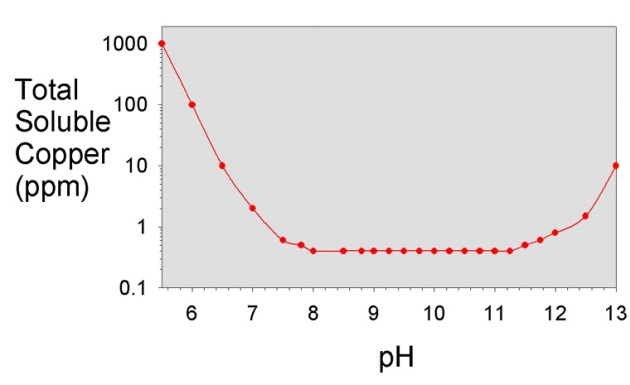Johnd, I don't disagree with your statement but its just that these copper scrubbers are likely to release microscopic amounts of Cu into the wine, almost certainly less than the amounts of copper that copper pots release into acidic sauces during cooking. AND the amount of time the copper is in the wine is short, minutes, not days or weeks.
I also agree that Reduless is a better solution BUT the longer the H2S remains in solution the more likely it is to bind and become mercaptans and mercaptans, for all intents and purposes are not repairable
No one uses unlined copper cookware for acidic food. Unlined copper has a MINOR role for use in beating eggs and melting sugar. For everything else, tin has been used to line copper cookware, literally for centuries.































![[Upgraded] 9Pcs Tree Root Growing Box with Drain Holes, Half Transparent Plant Rooting Propagation Ball & Metal Core Twist Ties, for Fast Propagation Plants (Size M)](https://m.media-amazon.com/images/I/514MWQxtWOL._SL500_.jpg)
























